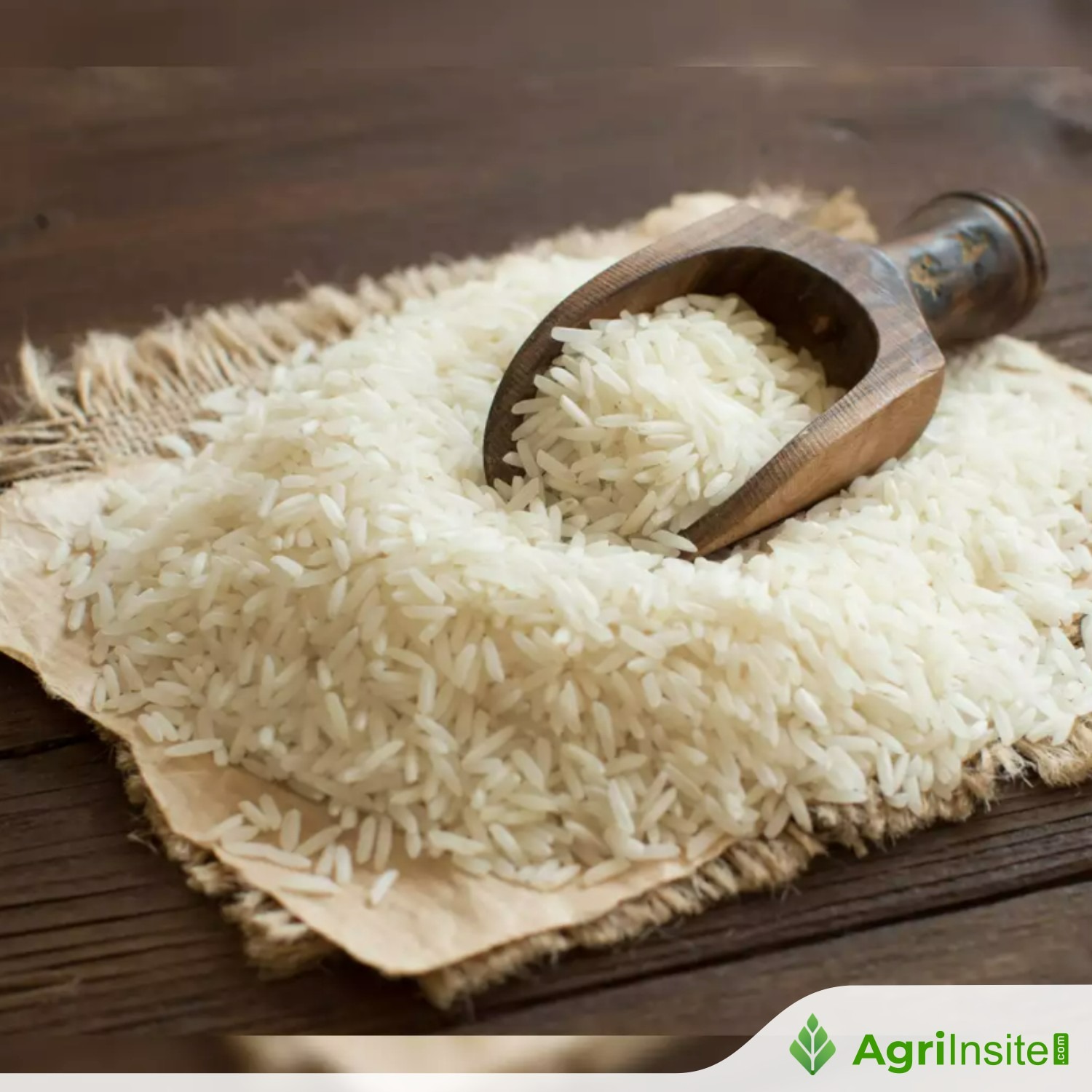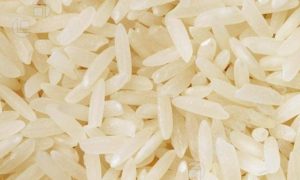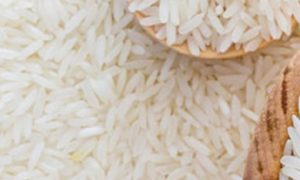Basmati war: India loses ground as Australia, NZ note it as Pak product

India faces setbacks in claiming exclusive rights to Basmati rice, as Australia and New Zealand recognize it as a Pakistani product. The EU may follow, citing historical trade data. Both nations seek Protected Geographical Indication (PGI) status, crucial for global exports. Pakistan’s Basmati exports hit $4 billion, strengthening its position in the competitive rice market.
India seems to be losing the battle for ownership of bragging rights on the origins of Basmati rice to Pakistan. Australia and New Zealand are said to have officially recognised Basmati rice as a Pakistan product, according to a report by Daily Aaj. The report claims that the European Union is also on the verge of announcing a similar verdict, based on studies by historians and international trade experts that show Basmati rice originates from Hafizabad district in Pakistan. Significance of Basmati rice Basmati is a luxury rice brand and is a major agricultural product export for both India and Pakistan. It is famous all over the world for its taste and aroma. Both countries earn substantial amounts of foreign exchange every year from exporting the rice. Basmati rice also has significant cultural significance in the cuisine of both nations. The ubiquitous biryani is prepared generally with basmati rice.
Pakistan’s exports of Basmati rice have risen to $4 billion, giving it a fair share in the $27 billion global rice market. The country’s exporters claim that the rice is superior in aroma and quality, and is also competitively priced in the international arena. Some of them claim that the rice is exported to Dubai, where Indian traders rebrand it and export it again. They also argue that according to data from the Food and Agriculture Organisation (FAO), India started exporting basmati rice only in 1965 while Pakistan was already marketing it to Europe and the countries in the Middle East in the early 1960s. Intellectual property rights Both countries are currently fighting for the Protected Geographical Indication (PGI) certification. India applied for the PGI status in 2018, which was opposed by Pakistan. This status will provide intellectual property rights to products related to a specific geographical area. This could turn out to be crucial in the battle for supremacy in the competitive area of basmati rice exports. Incidentally, both India and Pakistan have requested the US Department of Agriculture and the Federal Trade Commission to deny the Basmati label to rice grown in America.
To read more about Rice News continue reading Agriinsite.com
Source : The Federal














